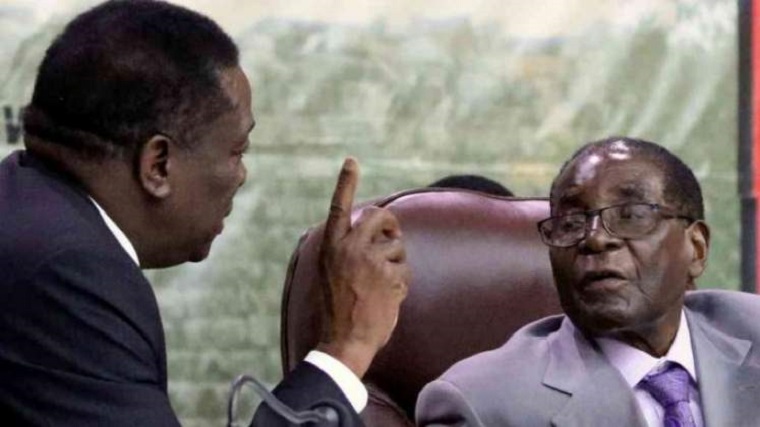Our collective aversion to factions symbolises a deep intolerance of political pluralism expressed in the form of ideas, yet factions in and of themselves may carry productive and insightful value for the body politic.
For ‘us’, political intolerance shares the same birth kernel as our nationalist struggle: they are born of the same peanut pod – with political intolerance issued concreteness by violence. As such, for us, our national struggle – and narrative – are imbued with passionate violence against any idea outside that which is generated by the status quo.
Perhaps, it is not only our factional politics that need a metamorphosis, but it is rather the entirety of our national political culture. Our national politics today are firmly wedded in their roots of aversion to political pluralism and resolutions homed in violence.
There is a productive role that factions can still play in our politics. With cooperative and competitive factions, it means a political party constantly goes through metamorphosis, transforming policy and adjusting to respond to the needs of the people.
Factions should not be confused with party departments. Factions are about ideas and policy formulations, and departments are about the implementation and execution of aggregated ideas. Arguing for factions is not some naïve or idealistic enterprise, but a productive political strategy. The benefits derived from factions and having an environment in which divergent ideas and interests thrive in a political party outweigh the short-term centralised power in one individual.
‘We’ need to see political factions as they are: signposts for difference, conflict, competition, and divergent thinking within political parties. They are reminders that people organise and congregate around interests that best serve them, and that those interests are not static. It serves no purpose to remain a member of an intra-party faction when it no longer aligns with your ideas and material interests.
The same applies to political parties. People are free to move back and forth depending on policy direction, ideology, and personnel changes. These are things we need to normalise in Zimbabwe politics. In the process, we need to shed off limiting terms like “counter-revolutionary” and “sellout”.
Factionalism has been blamed for causing disunity and party fracture. Inversely, politicians always push for a united voice without regard to how one gets to a united voice. It almost suggests that party stability is predicated on the absence of factions. A united party voice can be a product of policy compromise. How many times have opposition supporters and sympathisers wondered what would have happened if the MDC split in 2005, and every other mutation that followed, had not happened? Where would the opposition be?
It is much easier to focus on the effects of fracture and completely ignore the reasons why the compromise was not found in the first place. Beaming the searchlight on why political organisations are sensitive to factions, and why those factions don’t thrive, might be a useful starting point for democratic deepening conversations.
Continued next page
(143 VIEWS)



Those factions, along with stupids like chamisa, and vote rigging, will guarantee zpf victory, time after time. Greed and stupidity are the only things in plentiful supply in Zimbabwe, as proven beyond ANY DOUBT, by the last election.